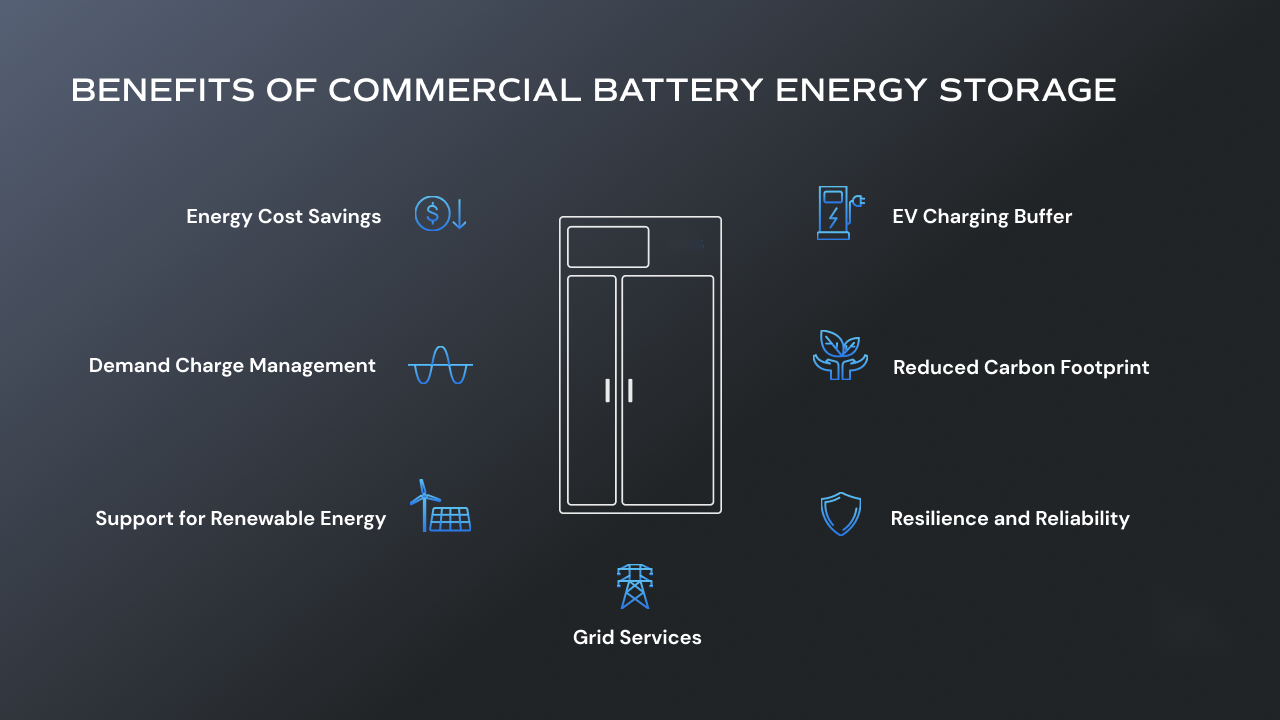
jan . 12, 2024 14:58 Terug naar lijst
Basisprincipes van het batterij-energieopslagsysteem: batterij, PCS, GBS
The global energy crisis and the pressing need for environmental protection have brought energy storage technology to the forefront as a key solution. Among the various energy storage technologies available, battery energy storage systems have emerged as one of the most practical and commonly used options. At the heart of these systems lie three essential components: batteries, power conversion systems (PCS), and battery management systems (BMS).
Laten we eerst eens kijken naar de batterijen zelf, die dienen als de kern van batterij-energieopslagsystemen. Batterijen zijn apparaten die chemische energie omzetten in elektrische energie. Ze bestaan uit positieve en negatieve elektroden, een elektrolyt en een separator. Er zijn verschillende soorten batterijen verkrijgbaar, zoals loodzuurbatterijen, nikkel-waterstofbatterijen en lithium-ionbatterijen. Hiervan hebben lithium-ionbatterijen aan populariteit gewonnen vanwege hun hoge energiedichtheid, lange levensduur en milieuvriendelijkheid.
Als we verder gaan met het stroomconversiesysteem (PCS), speelt dit onderdeel een cruciale rol in batterij-energieopslagsystemen door de elektrische energie die is opgeslagen in batterijen om te zetten in wisselstroom die aan het elektriciteitsnet of aan gebruikers kan worden geleverd. PCS bestaat doorgaans uit omvormers, transformatoren en controllers. De primaire functie is het omzetten van gelijkstroom in wisselstroom, het regelen van de in- en uitvoer van elektrische energie en het garanderen van de veiligheid en stabiliteit van het hele systeem. De prestaties van het PCS hebben een directe invloed op de efficiëntie en levensduur van het batterij-energieopslagsysteem.

Vervolgens hebben we het batterijmanagementsysteem (BMS), een integraal onderdeel van het batterij-energieopslagsysteem. BMS omvat bewakingsmodules, besturingsmodules en communicatiemodules. Zijn voornaamste verantwoordelijkheid is het in realtime monitoren en controleren van de toestand van de accu, waarbij parameters als spanning, stroom, temperatuur en laadstatus (SOC) worden meegenomen. Bovendien beschermt en controleert BMS de batterij tegen potentiële risico's, zoals overbelasting, overontlading en overstroom, waardoor de veiligheid en levensduur ervan worden gegarandeerd.
In summary, the battery energy storage system comprises three fundamental components: batteries, PCS, and BMS. Batteries serve as the core storage mechanism, PCS converts stored energy into usable AC power, and BMS actively monitors and protects the battery, ensuring its optimal functioning and longevity. Achieving efficient, stable, and safe operation of battery energy storage systems relies on the harmonious cooperation between these three components.
Efficient energy storage is essential for meeting the demands of a fluctuating energy grid and reducing reliance on fossil fuels. Battery energy storage systems offer a viable solution to these challenges, providing a means to capture and utilize excess energy and deliver it back to the grid when needed. This technology has the potential to significantly enhance the reliability and stability of power supply, paving the way for a cleaner and more sustainable energy future.
As the global energy crisis intensifies, there is a growing need for further research and development to advance battery technology and optimize the performance of battery energy storage systems. Improvements in battery energy density, lifespan, and cost-effectiveness are crucial to accelerating the adoption of battery energy storage on a larger scale. Additionally, the integration of intelligent control systems and advanced monitoring technologies can enhance the efficiency and safety of battery energy storage systems, making them an even more attractive solution for future energy needs.
In conclusion, battery energy storage systems are at the forefront of the fight against the global energy crisis. Batteries, PCS, and BMS constitute the essential components of these systems, collectively working together to store, convert, and optimize energy usage. As the world strives to transition towards cleaner and sustainable energy sources, battery energy storage systems will play a pivotal role in achieving this goal. Continued advancements in battery technology and system integration will propel the widespread adoption of energy storage, providing a more reliable and environmentally friendly energy landscape.
Wordt verwijderd bij inbreuk
Referentiewebsite: https://www.scupower.com
-
Wireless DC Charging: The Next Frontier in Contactless EV Power Delivery
NieuwsAug.04,2025
-
Hybrid BMS Energy Controls: Integrating Renewable Energy Sources
NieuwsAug.04,2025
-
Blockchain for Secure and Decentralized EMS Power Systems
NieuwsAug.04,2025
-
AI-Driven for Smart Grids: Energy Management System (EMS)
NieuwsAug.04,2025
-
Advanced Distribution Management System (ADMS) Energy
NieuwsAug.04,2025
-
5G-Enhanced BMS Energy Savings: Ultra-Low Latency Control
NieuwsAug.04,2025























